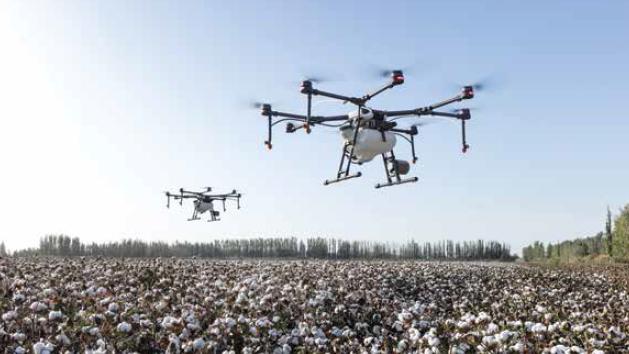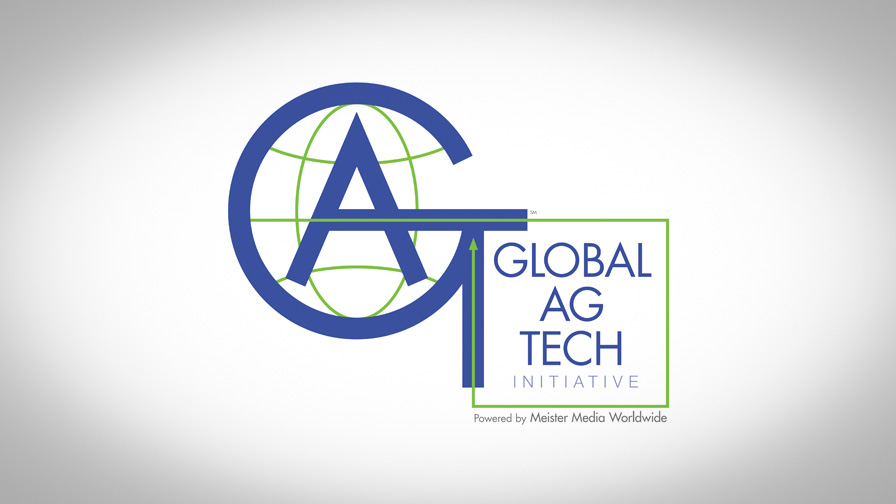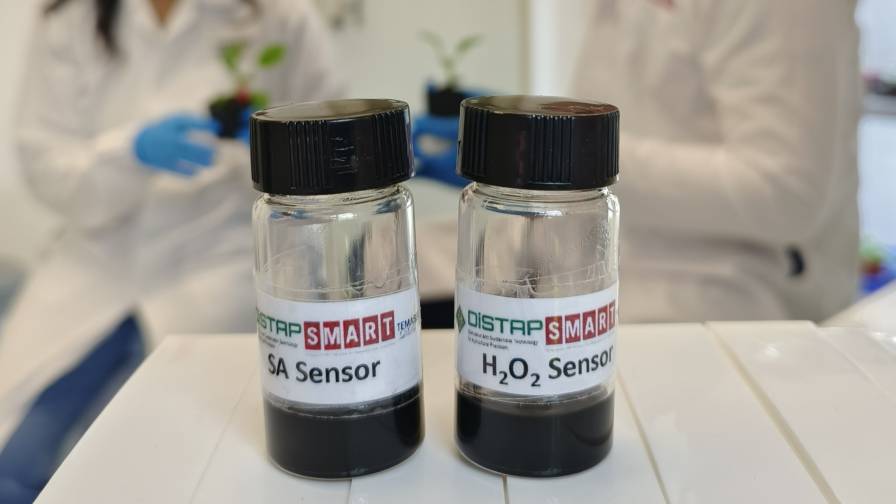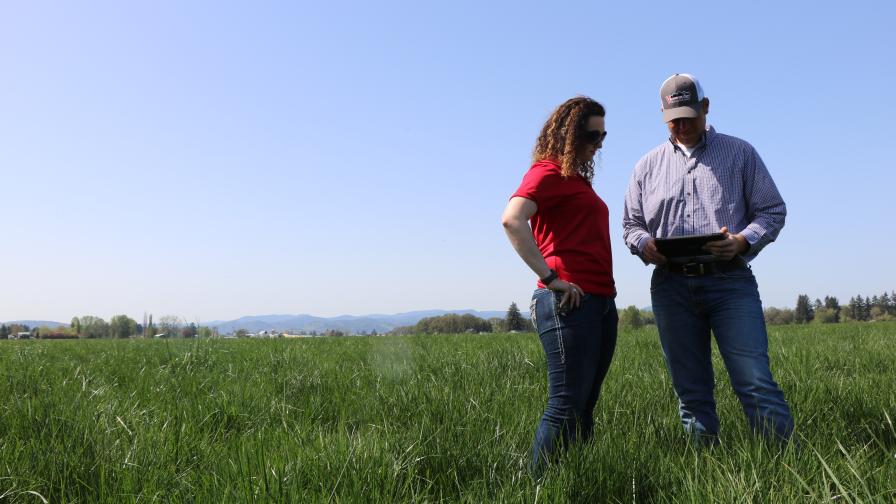As Farmers Embrace Technology, Precise Irrigation is Within Reach
With advances in agricultural technology, growers and equipment manufacturers continue to pursue precise application of water. At a time when growers are expected to produce more while using less, it’s easy to see why. In the U.S., agriculture uses about 80% of the nation’s consumptive water. At the same time, water supplies are becoming scarcer, more expensive, and more highly regulated. And growers are having to adapt to a new climate “normal.”
All of these factors taken together are why growers and equipment manufacturers remain stewards of smart water consumption.
Fortunately, computer vision, machine learning, and artificial intelligence (A.I.) are driving agriculture away from intuition and toward data – and many growers across the U.S. are championing these advances.
Data to the Rescue
Variable topography and soil quality can cause genetically identical plants to produce different yields. Even with monocultures, plants are variable and respond differently to water, climate, and soil quality. For example, the same species of plant can vary in age, height, and the amount of fruit it bears. Its irrigation needs vary, too.
Furthermore, soil composition is different in various parts of the field, ranging from sandy to heavy clay. As a result of varied topography, the soil retains and distributes water differently. Heavier soil traps water, like a bank for the plant to draw from. Sandy soil sends water below the roots (deeper than 12-15 inches) where it is wasted, unused by the plant.
Equipment manufacturers like Valley Irrigation are already leveraging ag data about soil moisture, crop type, development stage, and weather to solve this issue. Soil moisture sensors supply data to irrigation scheduling software, which makes irrigation recommendations to optimize water application. Variable rate irrigation hardware and software can further improve application based on detailed soil maps and prescriptions.
In the absence of these smart technologies, however, farmers may respond to plant stress too late. The typical reaction is then to over-irrigate, which can lead to wasted resources.
Looking to the Future and Overcoming Challenges
Field data, such as aerial images of plants and soil sensor information, is revolutionizing the way crops are irrigated. More powerful and cost-effective aerial and satellite imagery provides plant-level information (although setbacks like bad weather can cause delays.) And multi-spectral and thermal imaging, with details about plant hydration and health, can help growers make informed irrigation recommendations.
The industry is also getting better at delivering data to growers in ways that are understandable, practical and actionable, to aid their irrigation and other decisions in the field.
Another critical irrigation improvement is machine learning. This technology is ideal for applications involving dozens of variables and problems that are too complex for humans to solve, including irrigation. Machine learning analyzes plants and other conditions, synthesizes that information and recommends watering solutions for the grower. Early trials of machine learning for potato growers in Washington state have shown reductions in water use ranging from 10-25%, without affecting yield.
An example of machine learning in the field involves turning center pivot irrigation systems into so-called “autonomous growing machines.” Eventually, every time a crop experiences stress from over-irrigation or under-irrigation, the system will learn to correct itself.
The Efficient and Irrigated Farm of the Future
By using computer vision, machine learning and A.I. to acquire and analyze vast amounts of data, the precision agriculture industry is undergoing a renaissance. Today’s growers and equipment manufacturers are already doing more with fewer resources, from water to time to labor, and continue to look for innovation that’s both prudent and practical.
Prospera’s Daniel Koppel will join AGTools’ Martha Montoya and Vis Consulting’s Joe Tevis in a discussion of “Clean and Easy: Data’s Next Step” at the 2020 PrecisionAg VISION Conference, Jan. 14-16 in Seattle, WA. To register, visit TheVisionConference.com.









